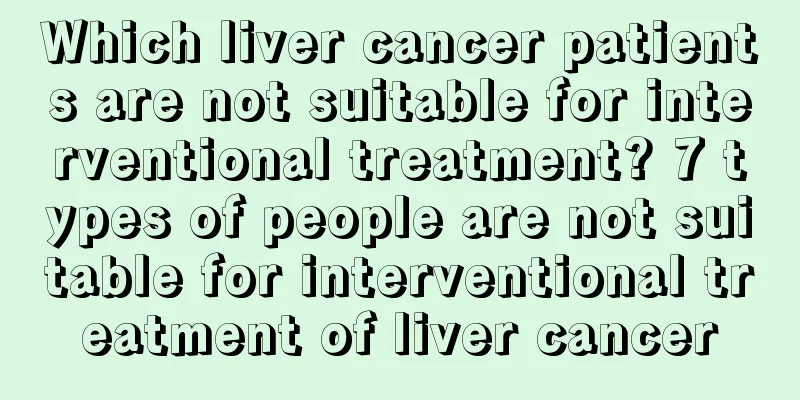What are the pros and cons of menstruation after childbirth?

|
Postpartum women will be very concerned about whether their physiological phenomena can arrive in time, because this is a manifestation of the body's recovery of basic functions. Generally speaking, it takes a considerable amount of time for postpartum women to experience physiological phenomena, which is a relatively normal phenomenon. Some women resume menstruation shortly after giving birth. Let's take a look at the pros and cons of menstruation after giving birth. The time of the first menstrual period after delivery will vary depending on whether the mother is breastfeeding. For mothers who are not breastfeeding, menstruation will come and ovulate on average 6-10 weeks after delivery, that is, within two months after delivery. For mothers who are breastfeeding, ovulation may be delayed to around 24-27 weeks, or even later. Therefore, the amount and timing of the first menstrual period will depend on individual physical condition. 1. Benefits : Having your period one month after giving birth proves that your body has recovered well. 2. Disadvantages : If the menstruation comes early, it means that the milk supply is not good. If it is a normal delivery, it is better to go to the hospital for a check-up after 42 days. Generally speaking, the first menstrual period after delivery will be delayed for breastfeeding mothers, and some may even take more than a year to come. The reason is physiological. Breastfeeding increases the level of prolactin in the mother's blood, which reduces or stops the secretion of gonadal hormones in the hypothalamus, resulting in no gonadal cycle and no ovulation. Or due to the increase of prolactin in the body, the ovaries respond poorly to gonadotropins, the follicles stop developing and therefore ovulation does not occur. The longer ovulation is delayed, the longer the menstruation will be delayed. Under normal circumstances, the quality of breast milk is best from 11 days to 4 months after delivery. After menstruation, breast milk becomes more concentrated than usual, contains less fat and more protein, and the value of this breast milk to the baby is reduced. In order to avoid the concentration and composition change of breast milk, mothers can drink more boiled water, eat more fish, milk, poultry and vegetable soup during menstruation. Four months after delivery, you do not have to wean your baby even if your menstruation starts. If the milk supply is insufficient, you can add supplementary foods such as milk and rice cereal. If the first menstrual period comes 8 months after delivery, the baby can be weaned, the number of breastfeeding times can be reduced gradually, and the amount of complementary food can be increased. |
<<: Tips to restore your eyesight
>>: Why does my lower abdomen feel bloated and my menstrual period doesn’t come?
Recommend
Hyperplasia after double eyelid surgery
Double eyelid surgery is an eye plastic surgery t...
Can colon cancer be cured?
The late stage of colon cancer is a very painful ...
What are the dangers of frequent hair dyeing
Hair dyeing has become a fashion nowadays. Some y...
How to choose an authoritative hospital for bone cancer
In recent years, the incidence of bone cancer has...
How to treat ovarian tumors more effectively
Ovarian tumor is a common gynecological disease. ...
What causes red, itchy and swollen eyes? Be careful of these eye diseases
Everyone must be very concerned about the phenome...
How much does it cost to treat colon cancer
Colon cancer is mostly caused by the malignant tr...
What is the matter with nails concave inwards
Everyone's nails have different shapes, and a...
How harmful is alveolar skin cancer to the body
How harmful is basic skin cancer to the body? Whe...
How to preserve the soaked bird's nest
The nourishing effect of bird's nest is very ...
What are the effective drugs for breast cancer
After surgical treatment of breast cancer, it is ...
Will teratoma affect life expectancy
Will teratoma affect life expectancy? The name of...
How to remove paint from clothes
There are many opportunities to use paint in life...
The bottom of the rice cooker is sticky when the rice is steamed
Generally speaking, the bottom of a rice cooker w...
How to relieve leg pain? 11 ways to take it home
There are many reasons for leg pain, such as exce...









